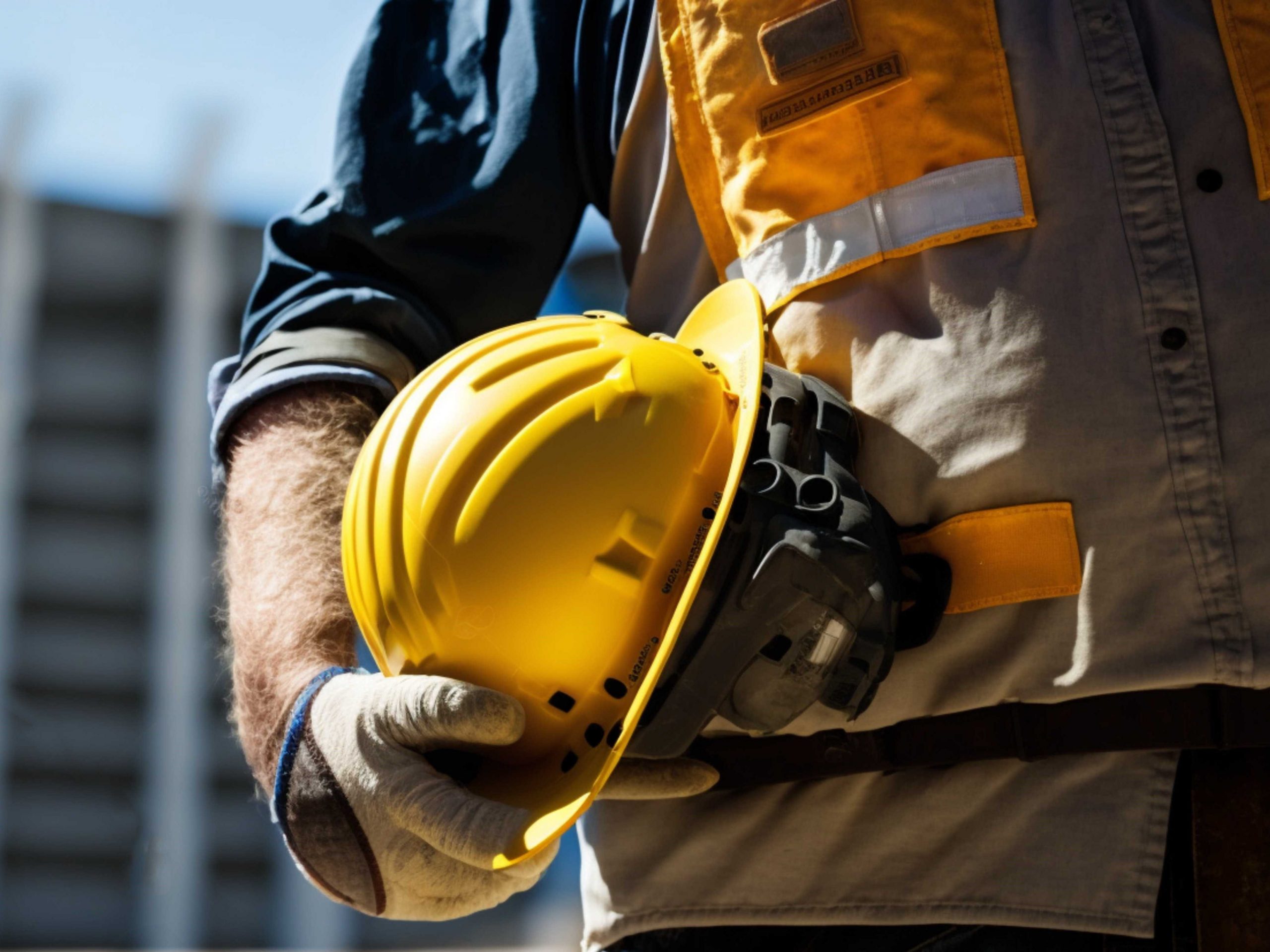How to renew a CCNSG Safety Passport
- To renew your CCNSG Safety Passport you can opt for either attending a Renewal Course or sitting the Test-only for Renewal.
- Card holders must renew their safety passport before the expiry date or retake the two-day CCNSG national course. You can renew up to six months before the expiry date.
Topics for CCNSG renewal
Health and safety legislation, regulations and safe working practices and procedures.
Safe use of tools and equipment in different working environments.
Safe working practices and safe solutions to problems and emergencies.
Personal site safety responsibilities.
CCNSG Renewal Course
The CCNSG Renewal Course is a one-day refresher course for those who have already completed the CCNSG two-day national course.
All training providers that deliver the CCNSG Safety Passport two-day course can offer the Renewal Course.
Test-only for Renewal
The CCNSG Test-only for Renewal is an alternative option to the CCNSG Renewal Course.
Delegates complete 60 multiple-choice questions at an approved training provider’s centre which cover the syllabus of the one-day renewal course, with a required pass mark of 48 (80%).
No training or assistance will be given at the test so candidates must ensure they have revised their health and safety knowledge ahead of the session. You are allowed two attempts at the renewal test before having to attend the one-day renewal course.
CCNSG Safety Passport
Read up on the syllabus and course content of the CCNSG quality assured national course, which is the go-to safety card for the engineering construction industry.
Find out more about the CCNSGSign up for updates
Your information will be used to subscribe you to our e-newsletter.
For more information, please see our Privacy Notice.



